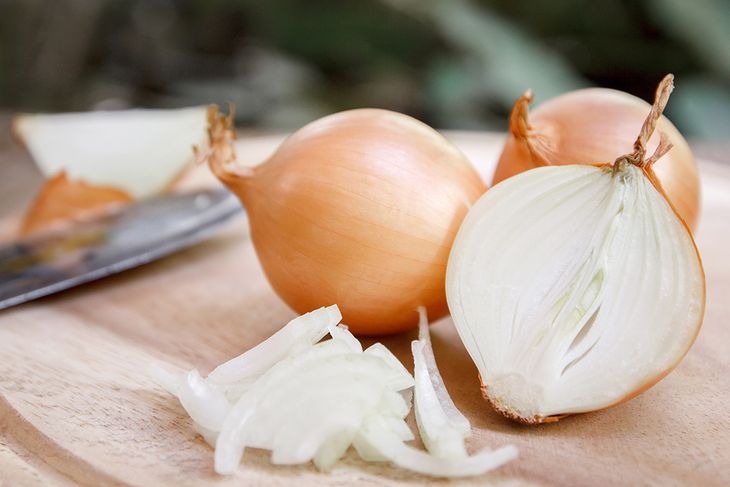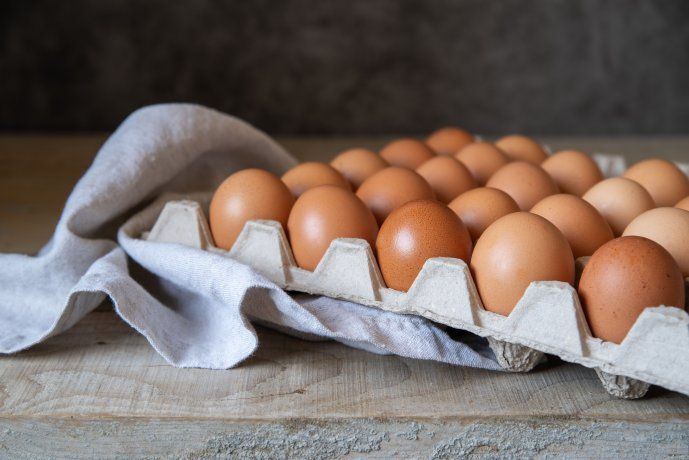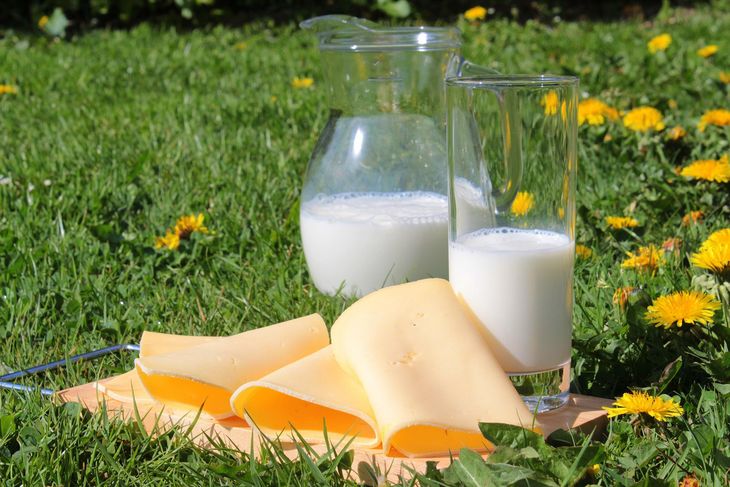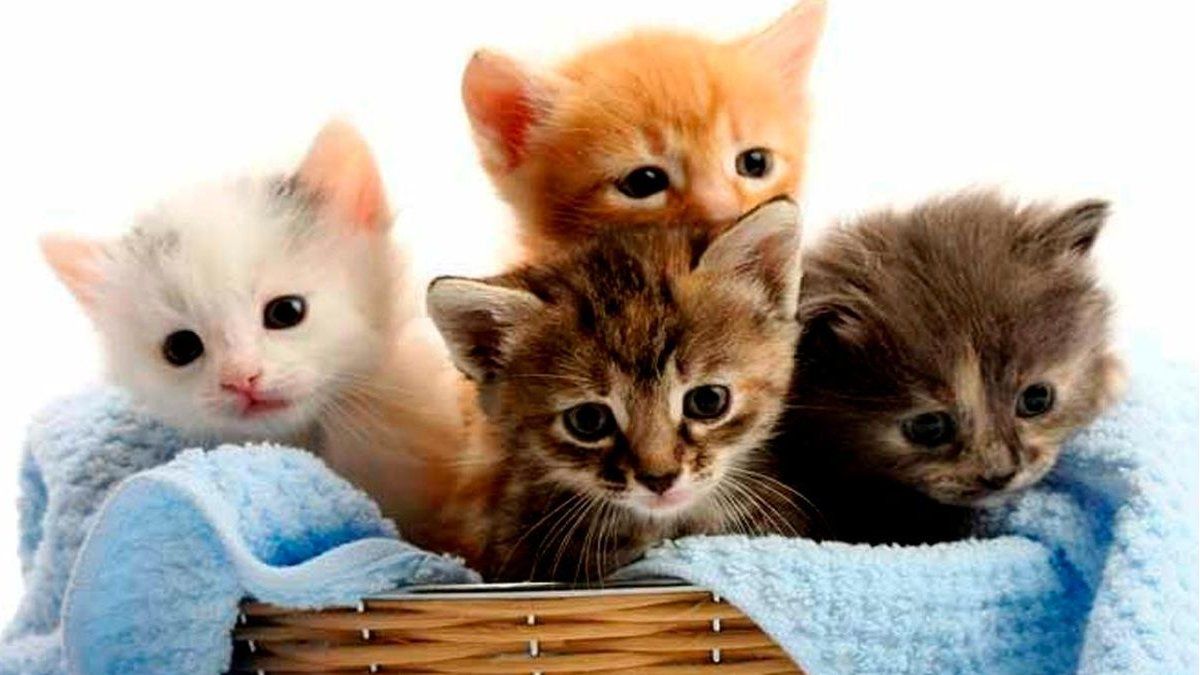Take care of your cat from any poisoning and be careful that it does not consume these foods that we all have in the kitchen.
Have a cat as a pet At home it is a beautiful experience, since they are affectionate and intelligent, but they have their space and independence. However, it also comes with important responsibilities. One of them is to ensure that they receive adequate and safe nutrition. Although many times you may be tempted to share a little piece of your food with them, Not everything we humans eat is safe. for felines.
The content you want to access is exclusive to subscribers.
Cats have a digestive system and a different metabolism to ours, which means that some food common foods can be toxic to them. Therefore, it is essential to know what those are. foods you should avoid at all costs. In this note, we are going to review the most dangerous foods for them, explaining why they can be harmful.


Prohibited foods for your cats
onion and garlic
onion.jpg

Onions, garlic, shallots, and chives can damage your cat’s red blood cells and cause anemia. These foods are usually toxic when consumed in large quantities, but exposure to onion or garlic concentrates, such as onion soup mix or garlic powder, can also be toxic.
Raw bones, meat and eggs
eggs

freepik.es
As with humans, consuming raw eggs or raw meat can cause salmonella or E. coli poisoning in cats. Symptoms of the illness vary, but may include vomiting, diarrhea, and lethargy. Raw eggs also contain an enzyme that can cause skin and coat problems.
Chocolate and caffeinated drinks
Chocolate

One of the most delicious products in the world.
Chocolate contains substances called methylxanthines, which can cause vomiting and diarrhea, elevated body temperature, muscle tremors, abnormal heart rhythm, abdominal discomfort, increased thirst, and seizures. Methylxanthines are also found in caffeinated beverages, and should be avoided.
Alcohol and raw dough
Alcohol bottles.jpg

Alcoholic beverages and foods containing alcohol can be dangerous for your cat. Ingestion may cause vomiting, diarrhea, tremors, disorientation, and difficulty breathing. It is also important to keep your pet away from raw dough, as it can expand or generate alcohol in the stomach.
Milk and dairy products
dairy-milk

Pixabay
Cats have trouble digesting the lactose in milk, which can cause an upset stomach or diarrhea. Most are only exposed to lactose in breast milk, and because they only drink it for a few weeks, their digestive system is usually not prepared to consume lactose again.
Source: Ambito




